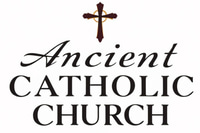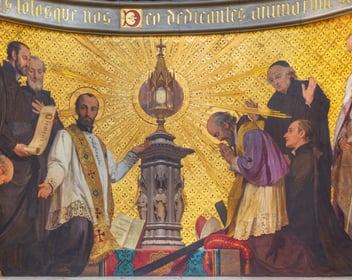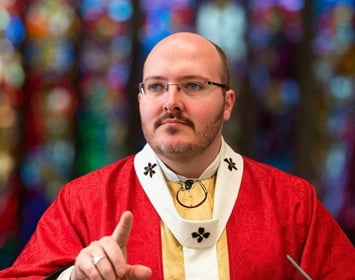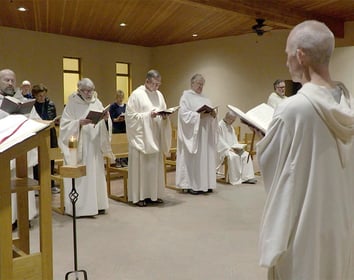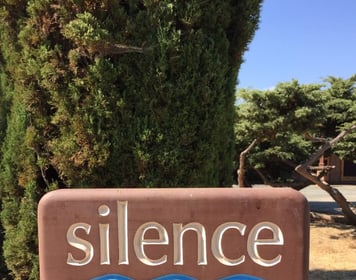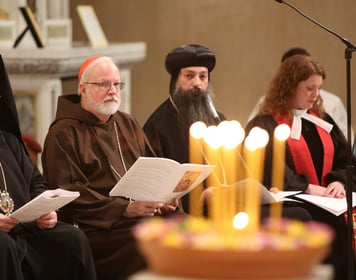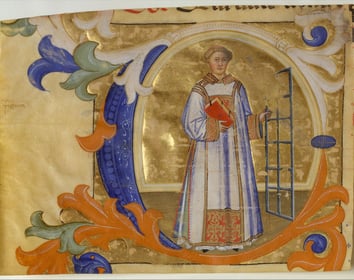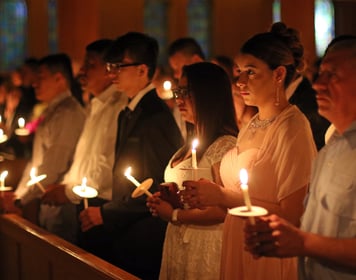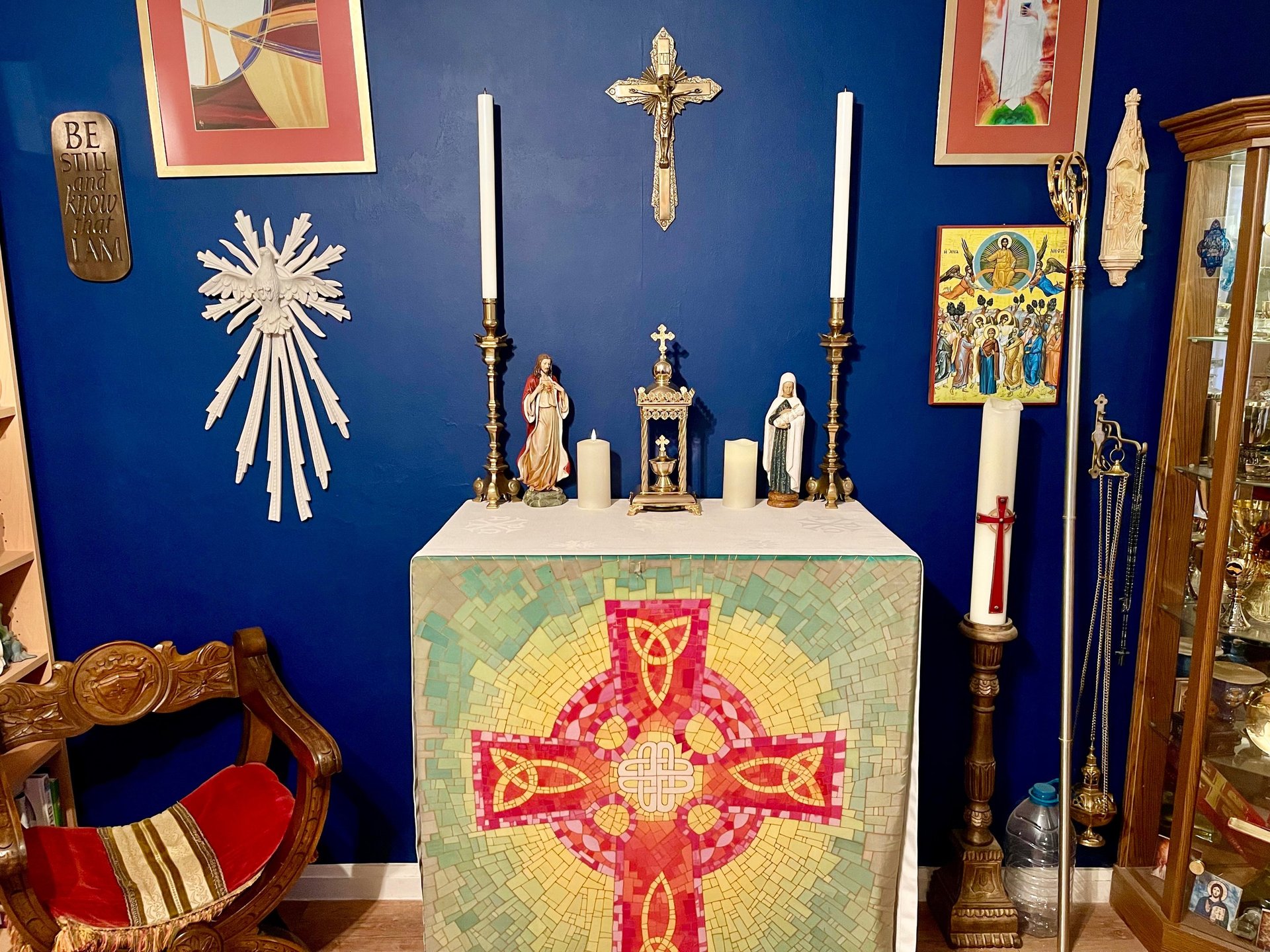
Living Expressions of Faith
We invite you to discover, belong, and journey with us in faith. Welcome home to the Ancient Catholic Church—where tradition meets mission, and community flourishes.
Creeds
The Nicene Creed and the Apostles' Creed are not merely ancient texts; they are living expressions of the Church’s faith. They serve both as historical anchors and as vital components of today’s liturgy and pastoral life.
The Essence of Christian Belief
The Creeds are central to Catholic spirituality, encapsulating the essence of Christian belief in a few powerful, unchanging statements. The Nicene Creed—formulated in the early ecumenical councils of Nicaea (325 AD) and Constantinople (381 AD)—addresses the profound mysteries of the nature of God and Christ.
The Apostles’ Creed, with its simple yet profound summary of faith, has been used for generations as an entry into the Christian life, especially in the context of baptism and personal devotion. Together, these creeds serve not only as expressions of historical truth but also as living prayers that anchor our daily lives and guide our journey in faith.
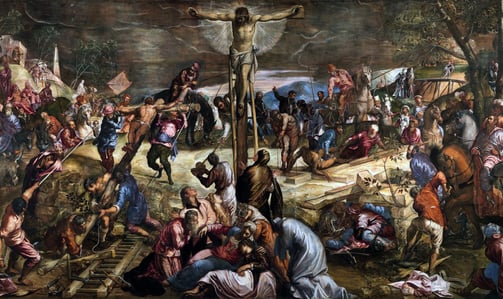

Creating a Bridge Between the Centuries
I believe in God, the Father Almighty,
Creator of heaven and earth.
And in Jesus Christ, His only Son, our Lord,
who was conceived by the Holy Spirit,
born of the Virgin Mary,
suffered under Pontius Pilate,
was crucified, died and was buried;
He descended into hell;
on the third day He rose again from the dead;
He ascended into heaven,
and is seated at the right hand of God the Father Almighty;
from there He will come to judge the living and the dead.
I believe in the Holy Spirit,
the holy catholic Church,
the communion of saints,
the forgiveness of sins,
the resurrection of the body,
and the life everlasting. Amen.
I believe in one God,
the Father Almighty,
Creator of heaven and earth,
and of all that is seen and all that is unseen.
And in one Lord Jesus Christ,
the Only Begotten Son of God,
born of the Father before all ages.
God from God, Light from Light,
true God from true God,
begotten, not made,
consubstantial with the Father;
through Him all things were made.
For us men and for our salvation, He came down from heaven;
and by the Holy Spirit was incarnate of the Virgin Mary,
and became man.
For our sake He was crucified under Pontius Pilate;
He suffered death and was buried;
and on the third day He rose again in accordance with the Scriptures;
He ascended into heaven,
and sits at the right hand of the Father.
He will come again in glory to judge the living and the dead,
and His kingdom will have no end.
I believe in the Holy Spirit,
the Lord, the giver of life,
who proceeds from the Father and the Son,
who with the Father and the Son is adored and glorified,
who has spoken through the prophets.
I believe in one, holy, catholic and apostolic Church.
I acknowledge one Baptism for the forgiveness of sins,
and I look forward to the resurrection of the dead,
and to life in the world to come. Amen.
Nicene Creed
Apostles Creed
Both the Nicene and Apostles’ Creeds are not merely read or recited but are meant to be meditated upon and lived. They provide a bridge connecting us with the early Church and the centuries of believers who have proclaimed the same truths. Whether embraced in the Liturgy of the Hours, in the solemn silence of a retreat, or in the vital energy of parish life, these creeds continually call us to remember, to believe, and to live as one Church united in Christ.


The Nicene Creed and the Apostles’ Creed are invaluable not only for the historical clarity they provided in early theological debates but also for the way they continue to nurture and express the Ancient Catholic Church’s identity today.
When recited in the liturgy, they are a declaration of faith that connects every generation of believers—from the early apostles through the medieval theologians to the vibrant, diverse communities of our day. In pastoral settings, these creeds serve as a foundation for teaching, renewal, and unity, anchoring every believer in a timeless commitment to Christ’s truth.
The Creeds in Personal Prayer and Everyday Life
Creedal affirmation, far from being a rote recitation of ancient texts, serves as a spiritual compass in the life of the believer. Both the Nicene Creed and the Apostles’ Creed encapsulate the essence of Christian faith, and when embraced personally, they foster a deeper, more resilient spiritual life and an enriched prayer practice.
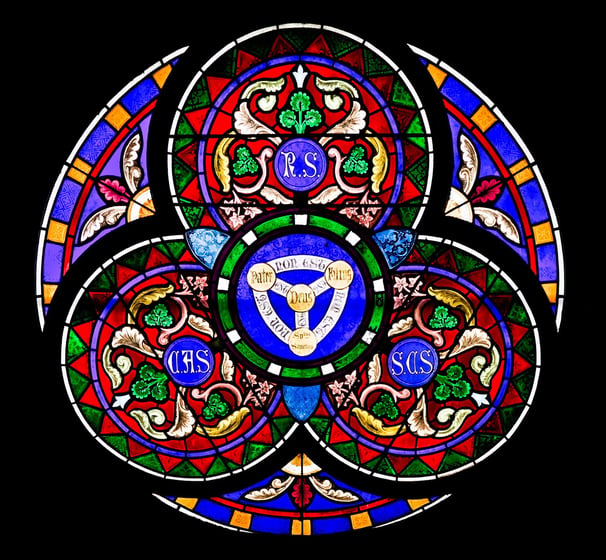

Grounding Identity in a Historic Faith
When a believer affirms the creed, they connect their personal faith to a rich, unbroken tradition spanning centuries—a living link to the "Communion of Saints." Reciting these timeless words anchors one in history, continually reminding the believer that their convictions have been refined and upheld even amidst early heresies and cultural upheavals.
This historical continuity offers a resolute foundation during moments of doubt or crisis, while affirming statements such as “I believe in one God, the Father Almighty” reinforce personal identity by underscoring our reliance on a constant, unchanging God as a stabilizing force in daily life.
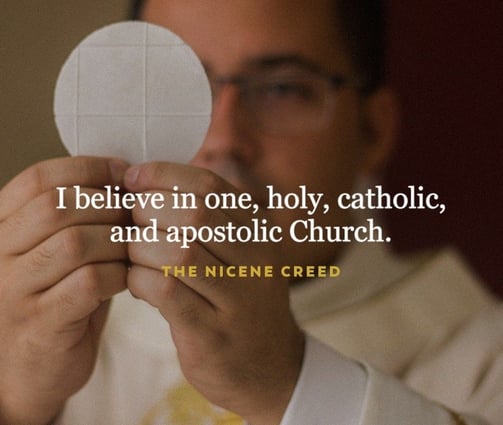

Deepening Prayer and Meditative Life
Creedal affirmation transforms ritual recitation into a dynamic act of prayer and meditation. The steady, mantra-like repetition of creedal words quiets the mind, allowing the believer to redirect focus toward the divine mystery. Over time, these words become internalized beacons of comfort and clarity that arise in the face of distraction or anxiety.
Each phrase invites reflective contemplation—as when considering “Who was conceived by the Holy Spirit, born of the Virgin Mary”—thereby deepening one's appreciation for the mystery of the Incarnation and fostering a personal encounter with the transcendent.
Guiding Everyday Life and Moral Decision-Making
The truths encapsulated in the creeds extend far beyond private devotion; they have practical implications for everyday life and communal interaction. Recalling core truths about God’s nature, Christ’s redemptive work, and the role of the Holy Spirit not only shapes ethical decisions but also nurtures meaningful interpersonal relationships.
Belief in a God who is just, merciful, and ever-present inspires choices that mirror these divine qualities, serving as a moral compass in times of ethical conflict. Moreover, when faith communities recite the creed together, they affirm a shared identity that encourages unity and mutual support—an essential element of pastoral care.
For many believers, creedal affirmation transcends mere intellectual exercise, emerging as a tangible, lived expression of faith. Each moment of recitation, meditation, or quiet reflection reconnects the individual with a rich tradition that has sustained the Church through centuries of trials.
This practice not only nourishes personal faith and strengthens spiritual roots but also transforms daily prayer into a profound encounter with the divine mysteries. Integrating regular moments of creedal affirmation—whether during a serene morning meditation, amid a stressful day, or before communal worship—grounds believers in the eternal truths of Christianity and continually renews their relationship with the living God.
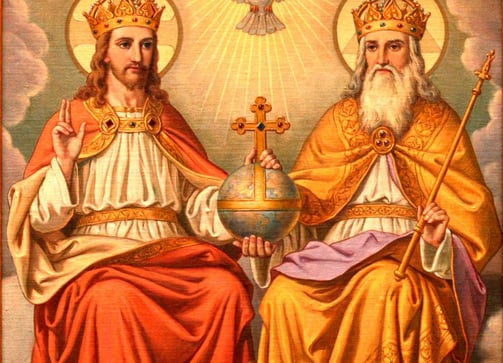

Learning with a Sacramental Church
Fostering faith, inclusion, and compassionate service within a vibrant community and beyond.
Creeds
The Nicene Creed & Apostles' Creed are are living expressions of the Church’s faith. They serve both as historical anchors and as vital components of today’s liturgy and pastoral life.
Ordo
Rooted in the church’s rich heritage & deep commitment to spiritual growth, the Ordo serves as a liturgical roadmap, fostering unity, devotion, and understanding.
Ecumenism: the journey towards unity among all Christians and mutual understanding with people of other faith traditions.
Ecumenical
Camaldolese Life
Contemplative Prayer
God in Nature
The Camaldolese Hermitage at Big Sur welcomes all who feel called to integrate the contemplative and monastic spirit into the fullness of everyday life.
The Hermetical Order of the Camaldolese warmly invites prospective aspirants—especially those engaged in full-time work—to experience a condensed two-week immersion into our way of life.
This is the invitation of the Ancient Catholic Church: to step beyond our everyday confines and encounter the divine where it has always resided—in the very fabric of creation.
Liturgical Calendar
Peace & Reconciliation
Homilies & Reflections
Cyclical journey through the seasons, solemnities, feasts, and memorials of the Church, uniting believers in prayer and worship. It serves as a spiritual compass, guiding our days, weeks, and months towards a deeper communion with God.
Rooted in scripture, Catholic teaching, dogma, and theology, our programme upholds the belief that forgiveness and mutual understanding are essential pathways to healing both individual hearts and the broader human family.
Explore and engage with the teaching of the church. Each homily is carefully chosen and curated to produce an accessible online library of teaching on scripture, dogma and theology. All our clergy are able to contribute to this growing resource.
Ancient Catholic Church
Embracing faith, inclusion, and compassionate service together.
ST THOMAS AQUINAS SEMINARY
© 2025. All rights reserved.
QUICK LINKS
